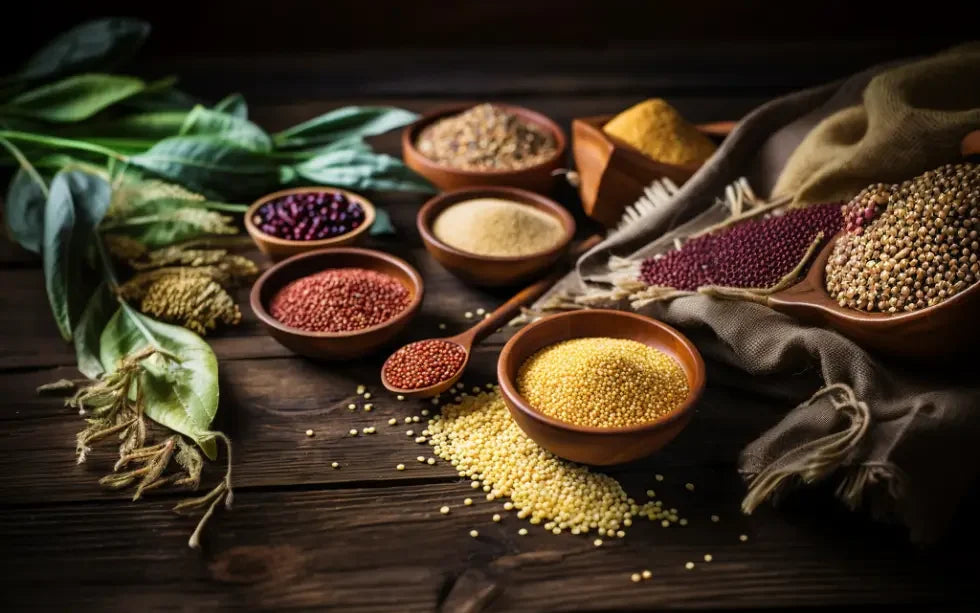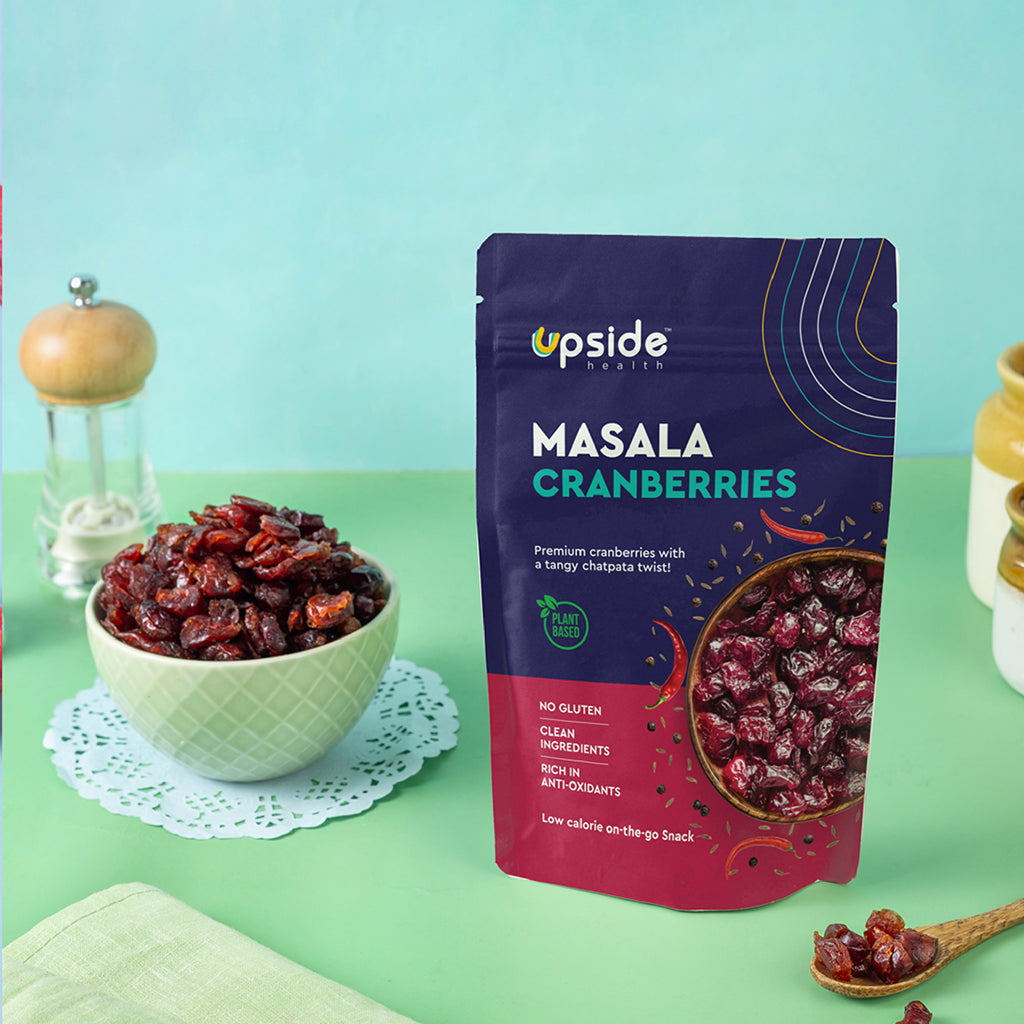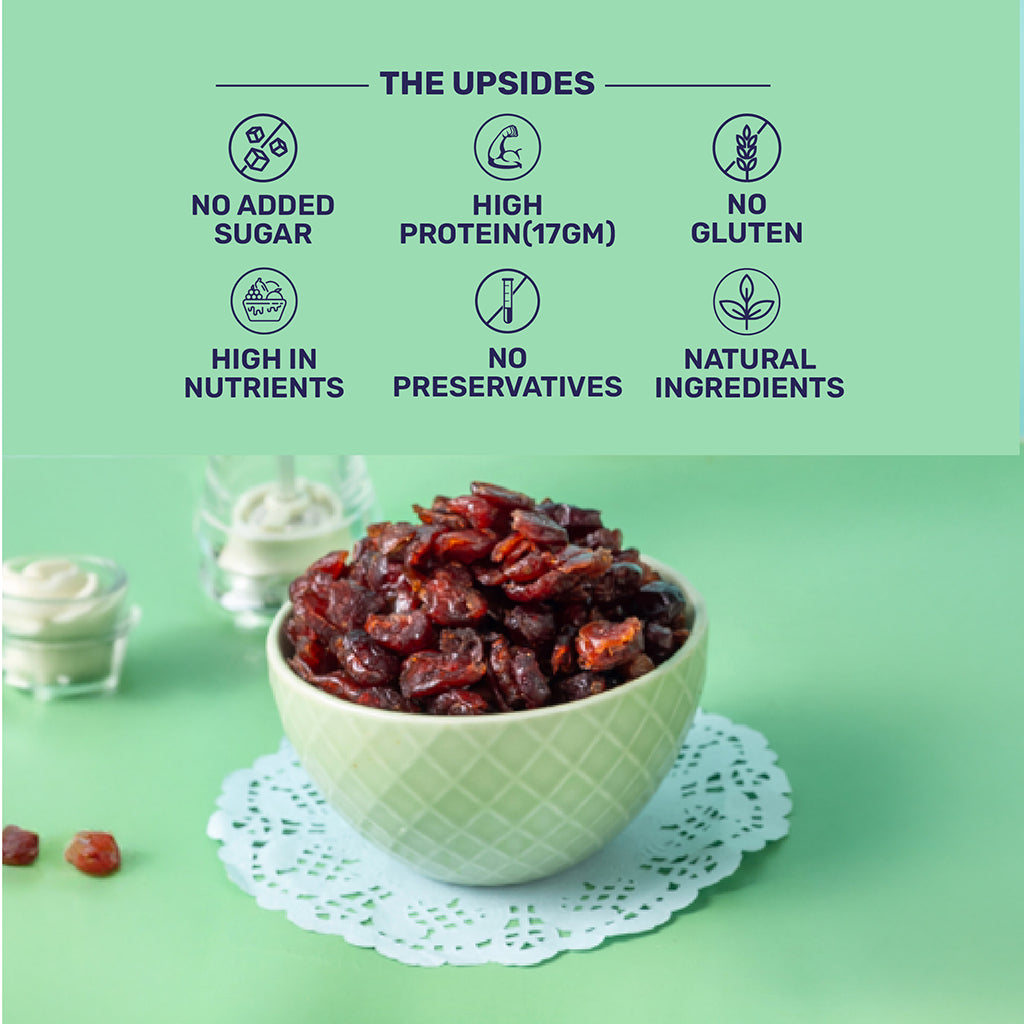
What Are Millets?
Millets, also known as small-seeded grains, are a variety of whole grains commonly utilised in birdseed. However, these grains offer numerous advantages for human consumption as well. Millets boast high nutritional value, being rich in fiber, vitamins, and minerals. Additionally, they serve as an excellent source of protein and can be used as a healthy alternative to rice or other grains. When cooked, millets possess a delightful nutty flavor and can be prepared using various cooking methods.Attributes of Millets
- Millets are small, round whole grains cultivated in countries like India, Nigeria, and various Asian and African nations.
- They are considered ancient grains and are used for both human consumption and livestock and bird feed.
- Millets possess advantageous characteristics such as drought and pest resistance, as well as the ability to grow in harsh environments and less fertile soil.
- These benefits arise from their genetic composition and physical structure, including their small size and hardness.
- Pearl millet
- Foxtail millet
- Proso millet
- Finger millet (ragi)
- Kodo millet
- Barnyard millet
- Little millet
- Guinea millet
- Browntop millet
- Fonio millet
- Adlay (or Job’s tears) millet
Nutritional Profile
- Millets, like most cereals, are primarily composed of carbohydrates but also offer significant amounts of vitamins and minerals.
- One cup (174 grams) of cooked millet contains approximately 207 calories, 41 grams of carbohydrates, 2.2 grams of fiber, 6 grams of protein, and 1.7 grams of fat.
- Millets are a good source of nutrients such as phosphorus, magnesium, folate, and iron.
- They provide a higher amount of essential amino acids compared to many other cereals.
- Finger millet stands out with the highest calcium content among cereal grains, supplying 13% of the Daily Value (DV) per cooked cup (100 grams).
- Adequate calcium intake is important for bone health, blood vessel and muscular contractions, and proper nerve function.
Health Benefits of Millets
Millets offer a range of health benefits, including weight loss support, blood sugar control, immune system boosting, cardiovascular health promotion, asthma prevention, improved digestion, and antioxidant properties.- Weight Loss Aid: Millets, rich in protein and fiber, help keep you fuller for longer, reducing unhealthy snacking and supporting weight loss while providing essential nutrients.
- Blood Sugar Control: Millets' low glycemic index contributes to stable blood sugar levels, reducing the risk of diabetes and managing blood sugar fluctuations.
- Immunity Booster: Millets, with their high protein content, support immune system development and strengthen the body's defenses against diseases.
- Cardiovascular Health: Essential fats in millets promote good cholesterol levels, reducing the risk of heart complications such as high cholesterol and strokes. Potassium in millet helps regulate blood pressure.
- Asthma Prevention: Millets, unlike wheat, do not contain allergens associated with asthma, potentially reducing asthma frequency and severity. Magnesium in millet can also alleviate migraines.
- Digestive Health: Millets' high fiber content aids digestion by relieving bloating, gas, cramping, and constipation. Good digestion contributes to a lower risk of gastrointestinal ailments.
- Antioxidant Properties: Millets act as antioxidants, helping detoxify the body and neutralize harmful enzymes. Compounds like quercetin, curcumin, and ellagic acid in millets support overall organ health.








Comments (0)
Back to Learn